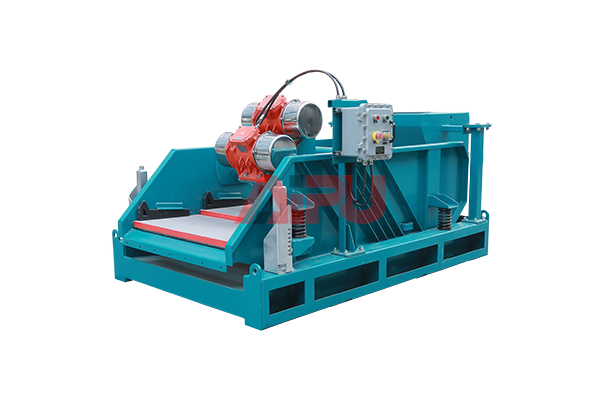The effective operation of solids control equipment is crucial in drilling operations, but environmental factors often pose challenges that impact performance. Understanding these issues helps optimize equipment lifespan and efficiency.

Temperature Extremes
Both high and low temperatures significantly affect solids control systems. In arctic conditions, hydraulic fluids thicken, reducing shaker screen efficiency by up to 30%. Conversely, desert operations accelerate seal degradation, with studies showing 40% faster wear rates above 50°C (122°F). Proper insulation and cooling systems become essential for maintaining optimal viscosity ranges.
Humidity and Corrosion
Coastal and offshore environments present unique challenges. Salt-laden air increases corrosion rates by 5-10 times compared to inland locations. Regular maintenance intervals should be halved in these conditions. Electrical components particularly suffer, with moisture ingress causing 23% of all system failures in humid climates according to industry data.
Dust Contamination
Arid regions generate airborne particulates that clog filters and abrade moving parts. Field tests demonstrate that dust accumulation reduces centrifuge efficiency by 15-20% within 100 operating hours. Enclosed systems with positive air pressure prove most effective, though they increase energy consumption by approximately 8%.
Altitude Effects
High-altitude operations above 3,000 meters (9,800 ft) impact equipment differently. Lower atmospheric pressure reduces centrifuge G-force by 1% per 300 meters of elevation. Motors require derating - typically 3% power loss per 1,000 meters - while combustion engines need specific adjustments to maintain proper air-fuel ratios.
Vibration and Terrain
Mobile units operating on uneven terrain experience accelerated wear. Data shows bearing failures occur 70% more frequently in mountainous regions compared to flat terrain. Proper mounting systems with vibration dampeners can extend component life by 200-300 operational hours.
Chemical Exposure
Certain geological formations release corrosive gases like hydrogen sulfide. These environments require specialized materials - standard carbon steel components fail 8 times faster when exposed to H2S concentrations above 50 ppm. Nickel alloys or fiberglass-reinforced plastics often become necessary alternatives.
If your project requires solids control equipment, choose Aipu solids control, it will be your best choice.
